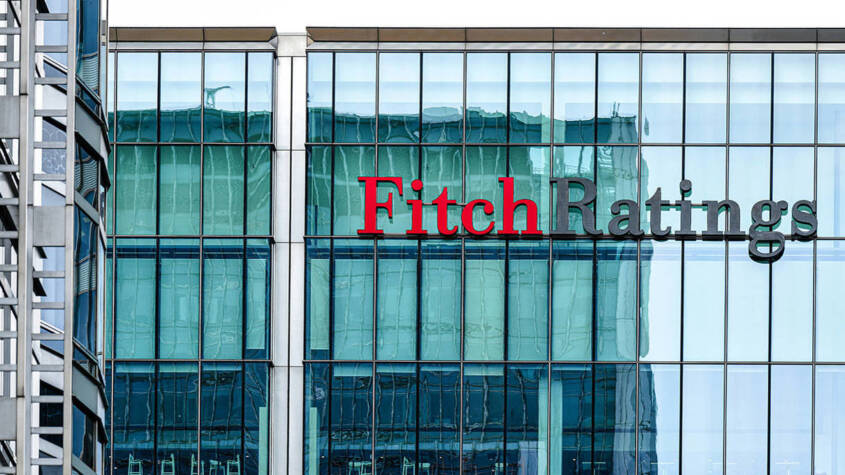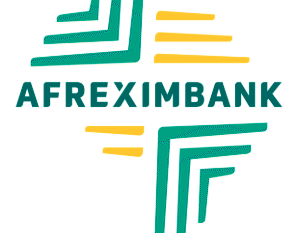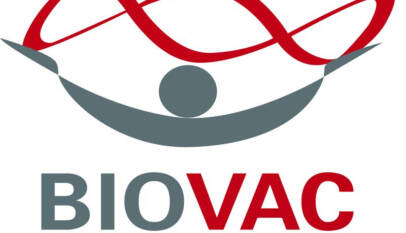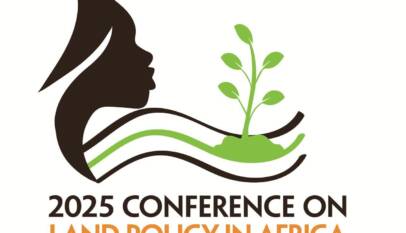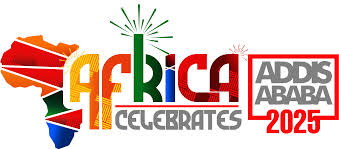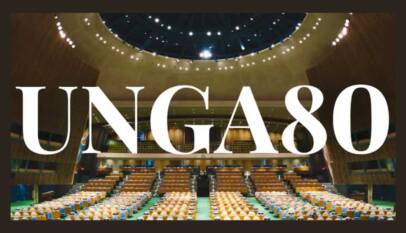OP-ED | Africa’s Financial Sovereignty Is Under Attack! By Carlos Lopes
As critics question Afreximbank’s preferred creditor status, Africa’s leaders must unite in a principled defense of their financial institutions — for silence would mean surrendering the continent’s hard-won path toward economic sovereignty.
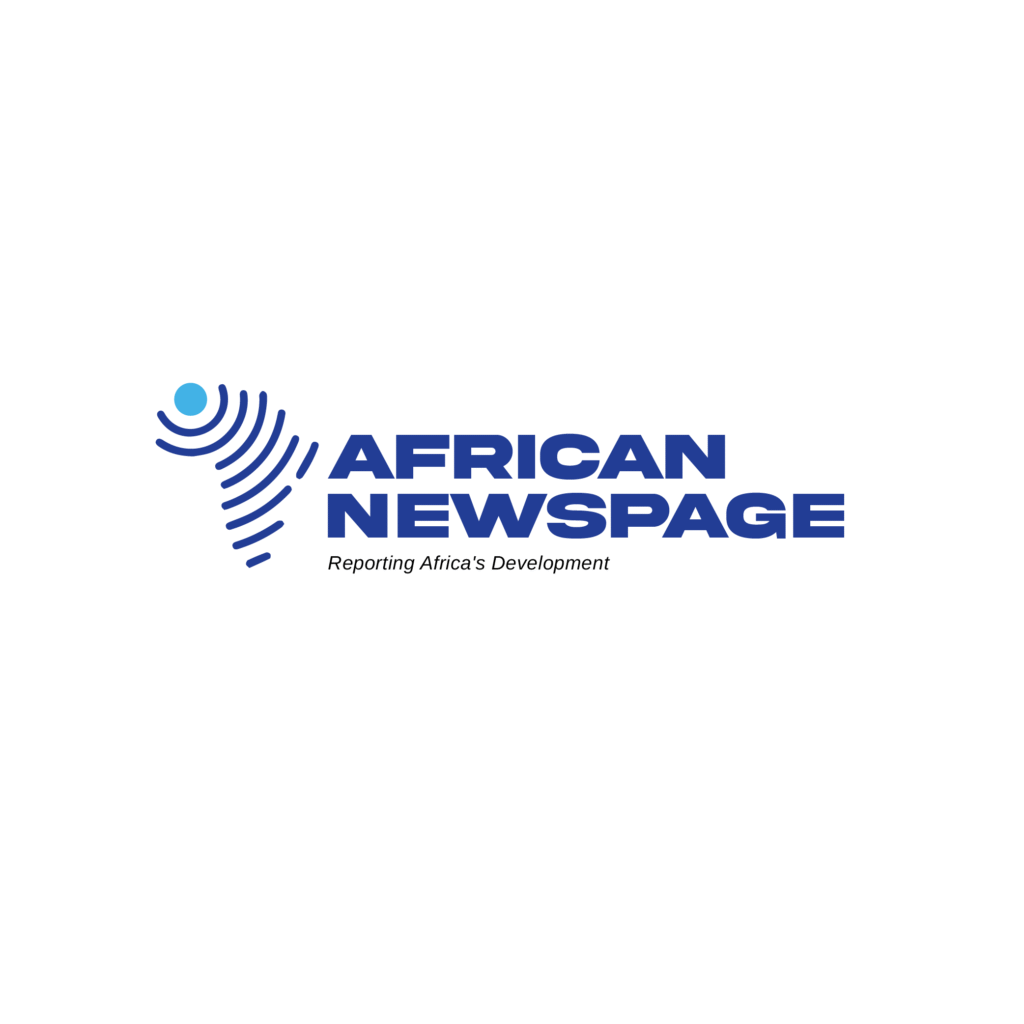
A growing chorus of Western media outlets, think tanks, and financial commentators is questioning whether Africa’s multilateral financial institutions, such as the African Export-Import Bank (Afreximbank), should retain “preferred creditor status.” Not only are their criticisms misguided; they threaten to erode Africa’s growing financial autonomy and undermine its ability to chart an independent economic course.
Preferred creditor status grants multilateral lenders – including the European Investment Bank, the International Monetary Fund, and the World Bank – seniority in debt repayments, in the event that a sovereign borrower faces financial stress, and shields the loans they issue from debt restructuring. By providing a financial firewall for development institutions, it ensures market confidence, which is essential to these lenders’ long-term functioning.
This is not some discretionary privilege; it is a codified principle. And because it reduces borrowing costs, thereby facilitating the provision of affordable financing to distressed countries, preferred creditor status is indispensable.
When Africa established its own multilateral development banks (MDBs) – such as Afreximbank and the African Development Bank – it made sure that they would enjoy all the rights and immunities necessary to protect their operations and autonomy, including preferred creditor status. To this end, African governments anchored the relevant provisions in national legal systems and international treaties. It was a powerful display of agency by a continent that has consistently been failed by the global financial system.
African governments even found a way to capitalize their MDBs themselves, despite their financial constraints. Carefully designed hybrid governance models enabled them to bring in private investors, without compromising their development mission. Now, however, some critics are trying to use Africa’s resourcefulness against it, claiming that true MDBs – which qualify for preferred creditor status – cannot include private shareholders.
Others argue that African institutions cannot function as development banks because they face high interest rates on capital markets.But that strengthens the case for Africa to have its own MDBs. The high costs of capital faced by African borrowers – whether banks or sovereigns – do not reflect economic fundamentals, but rather deep-seated biases, compounded by credit-rating agencies’ pro-cyclical approach, which leads to downgrades precisely when borrowers are most vulnerable.
African MDBs, by contrast, offer counter-cyclical finance, channel funds toward productive sectors, and reinvest profits into grants and concessional finance. Afreximbank recently expanded its concessional-finance window from $1 billion to $5 billion, backed by increased shareholder contributions.
If these institutions were to lose their preferred creditor status, their ability to provide critical long-term development financing would be severely compromised – not least because they would have to participate in sovereign-debt restructurings. While that might sound like solidarity, the reality is that it shifts the burden of debt relief onto African MDBs, with one group of African shareholders effectively being forced to subsidize the liabilities of others, while global institutions hide behind their own preferred creditor status.
International credit-rating agencies are making such a scenario more likely. Fitch recently downgraded Afreximbank’s long-term issuer default rating to BBB- status – and Moody’s downgraded it from Baa1 to Baa2. Governments already grappling with some of the world’s highest interest rates will likely bear the burden of increased borrowing costs.
While these rating moves are framed as risk-based decisions, the methodologies used are problematic. For example, Fitch penalized Afreximbank for accounting practices that are compliant with International Financial Reporting Standards. It also cited doubts about the enforceability of the bank’s preferred creditor status, thereby increasing the likelihood of creating a self-fulfilling prophecy.
Backed by the African Peer Review Mechanism, Afreximbank moved swiftly to reaffirm that its preferred creditor status is not negotiable. Forcing it to participate in debt-restructuring arrangements, it noted, “would be inconsistent with [its] establishment treaty.”
More broadly, the erosion of one African institution’s preferred creditor status would send a signal that no African institution can be relied upon: their legitimacy would constantly be re-evaluated by external actors according to imported standards. This would undermine Africa’s ability to build a financial architecture capable of supporting its own agenda for long-term structural transformation.
One might assume that those challenging African MDBs’ preferred creditor status do not understand the stakes. But that is probably overly charitable. In fact, such actors appear to be actively seeking to destabilize these institutions and force Africa to continue operating within a global system where it is forever a petitioner, never a planner. They want Africa’s development to be shaped not by the regional institutions committed to investing in it, but rather by the international institutions that appear only during crises, offering onerous terms that fail to account for the continent’s needs.
Rather than allowing such actors to unravel decades of effort to build a financial system responsive to African priorities, the continent’s governments must express their unequivocal support for these institutions. African MDBs derive their strength from their context. Their survival is a matter of continental interest. Defending them and their preferred creditor status is a political imperative. A fragmented response will embolden critics. Silence will be read as surrender. A unified, principled defense of Africa’s financial sovereignty is the only way forward.
Carlos Lopes is an honorary professor at the Nelson Mandela School of Public Governance at the University of Cape Town and a member of the United Nations Committee for Development Policy. This Op-Ed article was originally published on Project Syndicate, African Newspage’s publishing partner. The views expressed in it are those of the author and do not necessarily reflect African Newspage’s editorial policy.

